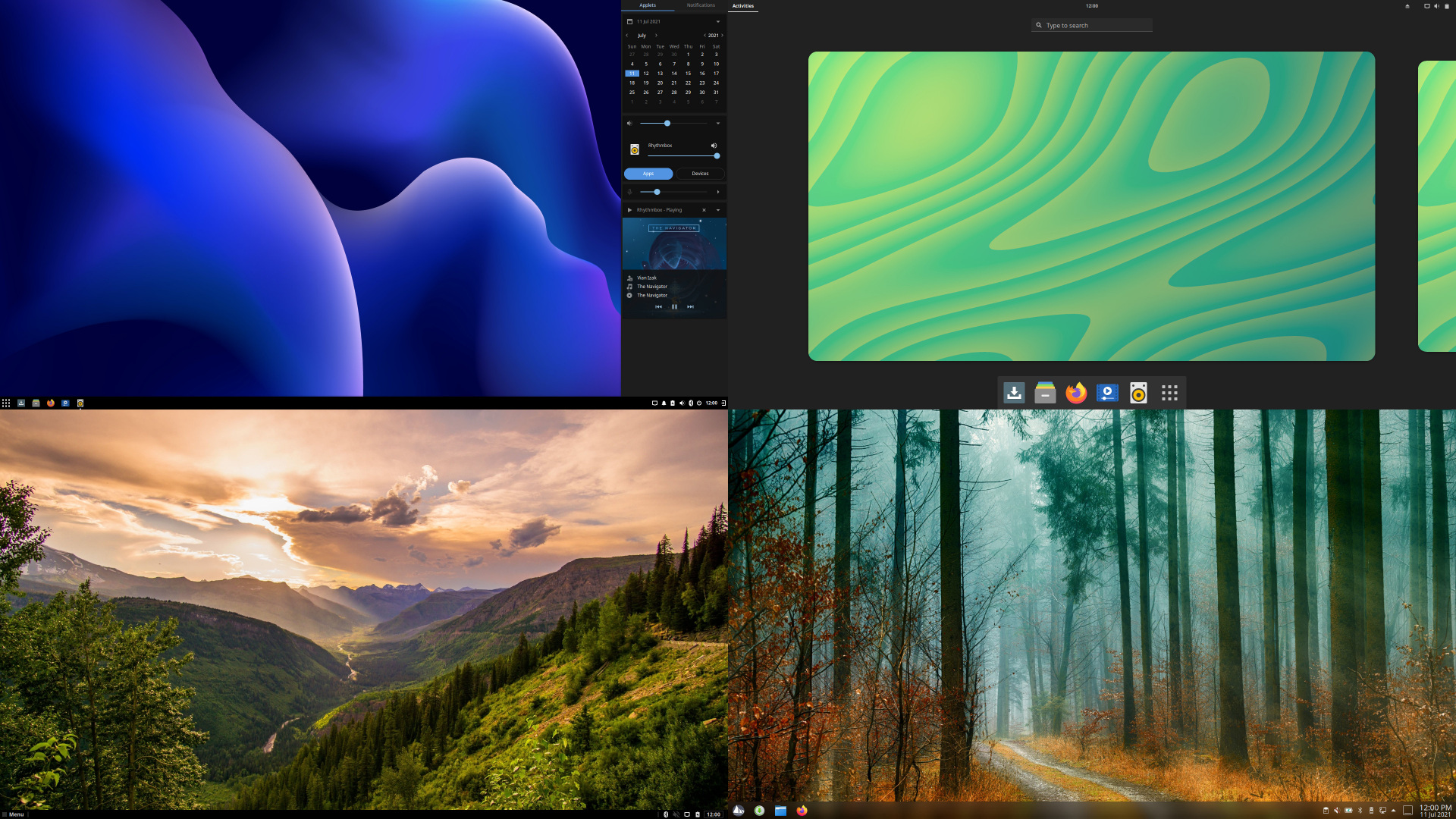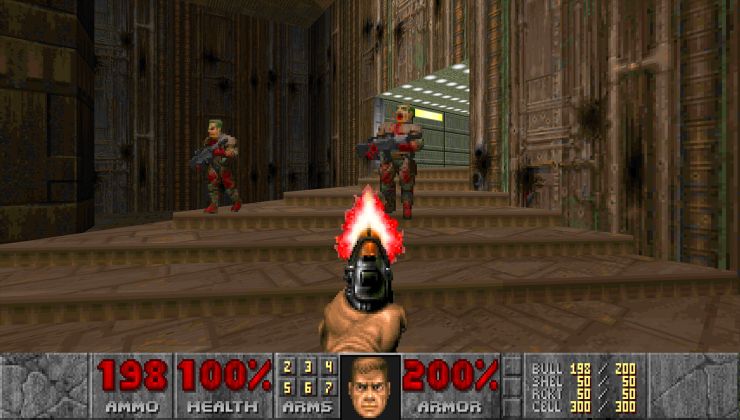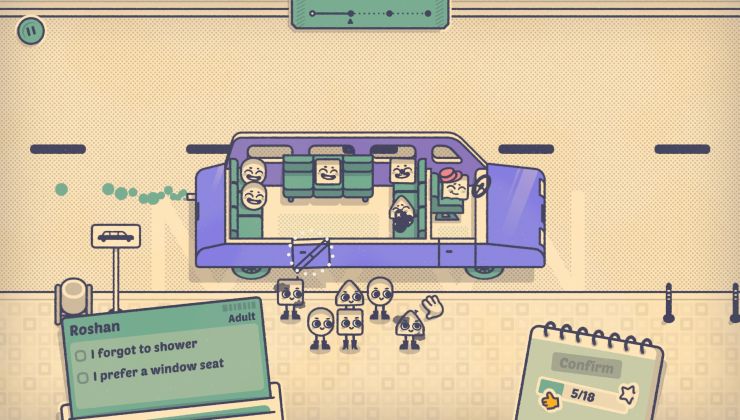Joshua Strobl, who was Experience Lead for the Solus Linux distribution, has officially quit but work on the Budgie desktop environment continues.
Announcing the departure on Twitter, Strobl linked to a longer statement that went over some rather vague issues that probably won't make much sense to anyone who isn't close to Strobl or the project. These include problems "which affect the ability to contribute to Solus, both from myself and others in the community".
The good news is the fancy Budgie desktop environment will live on as an independent project. Budgie now has a new home on GitHub, under the "Buddies of Budgie" organisation. Strobl mentioned the intention to invite developers from Ubuntu Budgie, Endeavour and more to contribute to it.
Solus itself will also continue on, with it being mentioned that the hand-over between Strobl and others will be "graceful".
This isn't the first major blow for Solus, since they also had to deal with the original creator Ikey Doherty quitting a few years ago. Seems like there's some wider problems they need to deal with if they're to keep Solus going. Strobl also mentioned a plan to join up with Doherty on SerpentOS.
About this SerpentOS is a bit weird, the guy already had a great distro, who guarantee that he will not abandon this too?
Then Josh and others had to go into emergency mode and took over the reigns for the project. Now he is leaving and Solus is in uncertainty. I tried Solus when Ikey was leading the team, but with how strong Arch is now, there is really no reason to pick Solus. Heck, you can install Budgie on any distro you want regardless if it is Arch, Debian, Fedora, or Ubuntu.
Now you see why people choose Arch and Debian as their main distros as they have a history of a strong community not run by a corporation or a handful of people.
I want to be clear...I had to laugh. As Liam says, the announcement is incredibly vague. In a situation like that you may as well say nothing :-)
Also lately I have been reminded that using a non mainstream distro (in my case OpenSUSE Tumbleweed) comes with its drawbacks, which at some point, might not be worth it anymore.
Arch is exceptionally ugly to use due to optional dependencies which are required for features of applications are optional, which leads to a bad out of the box experience, whatever the disribution above that.
Debian/Ubuntu based are slow as hell managing/updating packages and I never had a snappy experience, as is any deb or rpm based distro.
Solus will not face the same issues as when Ikey left. Though, more work on Beatrice means less time for things like sol or a software center rework, flatpak/snap integration there etc.
But it's not that those are really well integrated anywhere except maybe in Neon. But that is not really a decisive factor for mey I use one snap - Spotify.
I think it will have an effect on the project, but I do not see much changing in the current value of the distribution.
The "make it harder than necessary to contribute" I can not really follow. There must be an argument about that, but I found it exceptionally easy to contribute.
We'll see where this leads, but I do not have another disro providing an experience even close to Solus, so I'll stick with it (and I used Arch 2004-2017, tried it over the holidays again and it's just a mess).
I do not want to manually search for depends when things don't work I do not want to fiddle around, I want a system/Desktop that just works.
Last edited by STiAT on 3 Jan 2022 at 6:52 pm UTC
Also lately I have been reminded that using a non mainstream distro (in my case OpenSUSE Tumbleweed) comes with its drawbacks, which at some point, might not be worth it anymore.
This is one of the reasons I could not bring myself to use Solus (in addition to many other notable reasons).
Like it or not, the future of Linux is no longer in small boutique distros with a skeleton crew, because the skeleton crew can disappear overnight. The future of Linux is now in large, well establised distros with large, well established teams and a solid financial base that can survive a sudden death or departure, and can pave their own way. We are talking Arch (and Manjaro), Fedora/Red Hat, Ubuntu (and maybe Pop, Elementary, and Mint), Debian, and OpenSUSE/SLE. Any new distro that comes will need to build up, fast, but will also need to cannibalize resources from other distros to do it.
Last edited by sprocket on 3 Jan 2022 at 11:18 pm UTC
https://discuss.getsol.us/d/7856-not-dead-yet/5
I hope that the path forward is clearer soon - the EDL switch is hanging very closely, and I hope it doesn't become a real issue in the future.
And issues like this is why I hope that FerenOS will finally formally create its team this year and why Ubuntu, Fedora, and Manjaro are just more reliable and trustable.
Also lately I have been reminded that using a non mainstream distro (in my case OpenSUSE Tumbleweed) comes with its drawbacks, which at some point, might not be worth it anymore.
The SUSE distros are definitely mainstream. They've been around in various forms since the mid-1990s and aren't going anywhere :-)
Oh thank god Budgie is now independent. I don't really care about Solus - it's neat, but they pale in comparison to the importance of Budgie to me.I quite agree. In 2022, I really don't see the point of Solus the distro at this time, and I've long felt that Solus has actually held Budgie, the better idea of the two, back and prevented it from making progress.
I actually started quite early with Solus Budgie but rapidly became frustrated. The personal opinions of team members would overrule functionality desired by the community (want Expose in Budgie? Too bad! Ikey says it will never happen). Bug reports would go unaddressed (I think I still have some 5 year old ones in there). Citrix works in Ubuntu but not our Solus? Too bad! It's proprietary, we don't care... Gaming was broken, I had lots of native and wine-compatible titles that worked, at the time, in Ubuntu but not Solus. Apps lagged updating in the repositories. And through it all was the arrogance and haughtiness of the devs that just got to me over time, it was a death of a thousand cuts.
I went fleeing to Ubuntu Budgie which I really adored, and those UB devs did great work innovating little applets to make up for all of Budgie's little deficiencies only to get insulted and dismissed by Solus upstream. As much as I loved UB, I was getting frustrated at Budgie's lack of development over time while KDE and Gnome were making big, obvious strides and both were getting just as performant and snappy as Budgie. That, plus Arch/Gnome's rolling GPU driver upgrades making Proton work were what pushed me over to Manjaro KDE for the desktop and Manjaro Gnome-Wayland for the laptop over the last few years and I couldn't be happier.
I'm thrilled to hear that Budgie will be free of Solus and that, at long last, the great folks at Ubuntu Budgie, Endeavour Budgie, and hopefully maybe even Manjaro Budgie (and hopefully all the other Budgies!) will finally be first class citizens in advancing what had at one time been a promising and innovative DE. While I don't see a compelling reason to use it right now, I wish the Budgie folks only the very best as they develop an environment that hopefully will attract me back some day...
Last edited by iiari on 4 Jan 2022 at 3:02 pm UTC
Regarding Solus, it's most stable rolling release I used. Manjaro failed, Fedora semi-rolling failed. Never had issues with Solus. Packages were tested enough and even when there were some issues devs took care of it by rollback or providing solution unless it was upstream issue. Try install from repo without shitty flatpack or snap brave or visual studio code just with one command or a single click in manager. Boom!!! Solus does it perfectly.
Third party software like Intellij Ultimate? One click. Boom! Installed.
Solus is most beginner friendly distro together with Zorin best looking out of box. Only two with I would suggest for an average Joe who starts using Linux.
LoL at those comments. Why build other small distros? Why bother... haven't heard such a bullsh*t in a long time. This is the Linux strength, that new people come and build new distributions, propose new ideas. It's natural evolution part with is a process with shaped Fedora/RedHat/Ubuntu/Debian/Arch. If you want one system to rule and evolve in an abomination go use Windows...
Unfortunately, this is not the attitude which encourages developers to build for Linux. Sometimes fragmentation is not a strength as it gives potential publishers and devs a moving target to aim for.
A regular question in Linux gaming forums from devs new to Linux is, "Which distro should I build for?" Of course, fans of different distros will pipe up with their preferred choice and this is not helpful for the developer at all.
Sensible people might suggest aiming for the distro which SteamOS is currently based on. New ideas are great but we must be mindful of encouraging continuing game development for Linux and presenting a united front.
I don't like to see stuff like this happen, but in this case, a lot of good people were fooled, a few really quality people stayed behind as long as they could, and now it's all blown up publicly. Again. What a shame. Solus could've gone places, and the eopkg system was quite elegant in many ways. Just sad and unnecessary how it all ended up. But maybe some big personality can do something with the ruins of this hobbyist project for the sake of the many awesome users and devs who honestly tried to get this thing off the ground together for several years.
Not surprised in the least. It was only a matter of time. Very toxic environment. Rude, amateur community management. Impossible to contribute to, give feedback, work with. Not a shred of professionalism or positivity for years.... Solus could've gone places... Just sad and unnecessary how it all ended up.Very well said, and from a user standpoint, easily the biggest and most disappointing aspect of the entire enterprise.
Last edited by iiari on 10 Jan 2022 at 2:48 pm UTC
We'll see where this leads, but I do not have another disro providing an experience even close to Solus, so I'll stick with it (and I used Arch 2004-2017, tried it over the holidays again and it's just a mess).Sounds like the AUR is not for you. But I'm curious: why did you try Arch again over the holidays? And what's a mess anyways, the fact that you have to make more decisions as to what to install?
I do not want to manually search for depends when things don't work I do not want to fiddle around, I want a system/Desktop that just works.
We'll see where this leads, but I do not have another disro providing an experience even close to Solus, so I'll stick with it (and I used Arch 2004-2017, tried it over the holidays again and it's just a mess).Sounds like the AUR is not for you. But I'm curious: why did you try Arch again over the holidays? And what's a mess anyways, the fact that you have to make more decisions as to what to install?
I do not want to manually search for depends when things don't work I do not want to fiddle around, I want a system/Desktop that just works.
The mess is that it does not come with sane defaults, as with dependencies.
For me, if an application requires dependencies to make functionalities work which otherwhise simply throw errors and nobody knows why - that's a bad decision not to have it as a dependency. Even if it does not require it at compile time. Arch disagrees on that opinion.
It's not about decisions to make, it's about if you install a package it will actually work properly or not. And in that regard, Arch is a hot mess.
I do use Arch installations from time to time to reproduce bugs, especially in the graphics stack (kernel, mesa, dxvk) and KDE since they're very close to vanilla packages and pretty up to date compared to alternatives.
I have never used AUR, most things are in the repos, if I require anything not in repos it's mostly for development, and I can manage those depends properly without messing with the system. So no, I never had a single AUR package installed - I am talking about core and extra packages. Not even community ones.
An example would be: KDE, Dolphin requires kio-extras to be able to get android phones working. But wait, installing kio-extras it does not. Since you require an optional mtp lib. That done, on some devices, it will still not work. You need some udev rules package.
Otherwhise Dolphin will give some cryptic error. That's not exactly what I expect, if I install the kde meta package, that stuff should be included. Ye, there may be udev rules I do not need. But that's the point, Arch has the minimalistic approach making it basically a bad experience even if you use meta packages. Though, I think kio-extras by now made it into the meta depends.
Last edited by STiAT on 11 Jan 2022 at 2:02 am UTC
Well, I can understand disliking that situation. But I like the choice of bypassing packages I don't need, so I'm glad Arch exists and is like that. For example, I don't need the Android support you do. Even Manjaro makes too many choices I don't want and have to undo. There are plenty of distros to choose from! Might be a hot mess based on your desires, but there must be plenty of people who see it differently.We'll see where this leads, but I do not have another disro providing an experience even close to Solus, so I'll stick with it (and I used Arch 2004-2017, tried it over the holidays again and it's just a mess).Sounds like the AUR is not for you. But I'm curious: why did you try Arch again over the holidays? And what's a mess anyways, the fact that you have to make more decisions as to what to install?
I do not want to manually search for depends when things don't work I do not want to fiddle around, I want a system/Desktop that just works.
The mess is that it does not come with sane defaults, as with dependencies.
For me, if an application requires dependencies to make functionalities work which otherwhise simply throw errors and nobody knows why - that's a bad decision not to have it as a dependency. Even if it does not require it at compile time. Arch disagrees on that opinion.
It's not about decisions to make, it's about if you install a package it will actually work properly or not. And in that regard, Arch is a hot mess.
An example would be: KDE, Dolphin requires kio-extras to be able to get android phones working. But wait, installing kio-extras it does not. Since you require an optional mtp lib. That done, on some devices, it will still not work. You need some udev rules package.
Otherwhise Dolphin will give some cryptic error. That's not exactly what I expect, if I install the kde meta package, that stuff should be included. Ye, there may be udev rules I do not need. But that's the point, Arch has the minimalistic approach making it basically a bad experience even if you use meta packages. Though, I think kio-extras by now made it into the meta depends.














 How to set, change and reset your SteamOS / Steam Deck desktop sudo password
How to set, change and reset your SteamOS / Steam Deck desktop sudo password How to set up Decky Loader on Steam Deck / SteamOS for easy plugins
How to set up Decky Loader on Steam Deck / SteamOS for easy plugins
See more from me